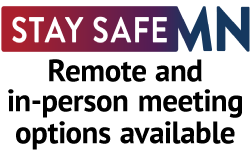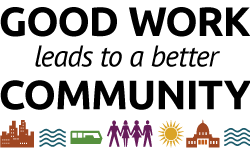
“How did that assessment even relate to the job description?” This is a thought that most people experience after completing employment assessments. Most qualified candidates are finding that despite their years of experience and relevant skill sets, they are failing these assessments on a consistent basis. Regardless of this, employers still consider these assessments to hold many benefits such as improved productivity and employee retention, reducing costs, and at the same time, use objective data in the hiring process.
Although these are important benefits, it does not negate or erase the fact that qualified candidates are routinely disqualified from being considered for the next steps in the hiring process. This begs the question of if these pre-employment assessments could be designed for failure. According to Testdome, “it’s normal for most candidates to fail; in fact —that’s the point. Unlike school tests, which are designed so that 90% of students will pass, pre-employment tests usually eliminate 90% of candidates” (Testdome, 2020). This can be problematic because it assumes that a passing score is the same as proving that the candidate has the skills outlined on their resume. Not all assessments are created equally, and it is a common phenomenon for those seeking a job to feel that the questions asked do not match with the job description.
While interning at Daily Work, I experienced this phenomenon firsthand. We were reviewing a pre-employment questionnaire that had close to 400 questions. There were multiple times where we failed to see how the questions related to the job. A lot of the time, the questions were filled with scenarios that were very unlikely to happen or were very repetitive. Although we hypothesized that the repetitiveness helped ensure we were reading the questions, it made the test unnecessarily difficult to complete.
When constructing a pre-employment test, it recommended that the assessments be relatively short and easy, as a common mistake is making the test too difficult (Testdome, 2020). My job seeker’s test was way too long; it took over an hour to complete. If it is expected that those who apply will fail the test, it should not be due to irrelevant or confusing questions, but because of qualifications. While the job seeker I was working with did pass the assessment, they felt surprised by the outcome, despite years' of relevant experience.
This entire process highlighted that these tests are another barrier to our job seekers at Daily Work. Not only do these tests fail to test relevant skills, but they are also especially inappropriate for English language learners, who may not be familiar with American idioms or the cultural norms inherent in these tests. Which raises the question: how can hiring managers make pre-employment tests less difficult and more inclusive for applicants?











